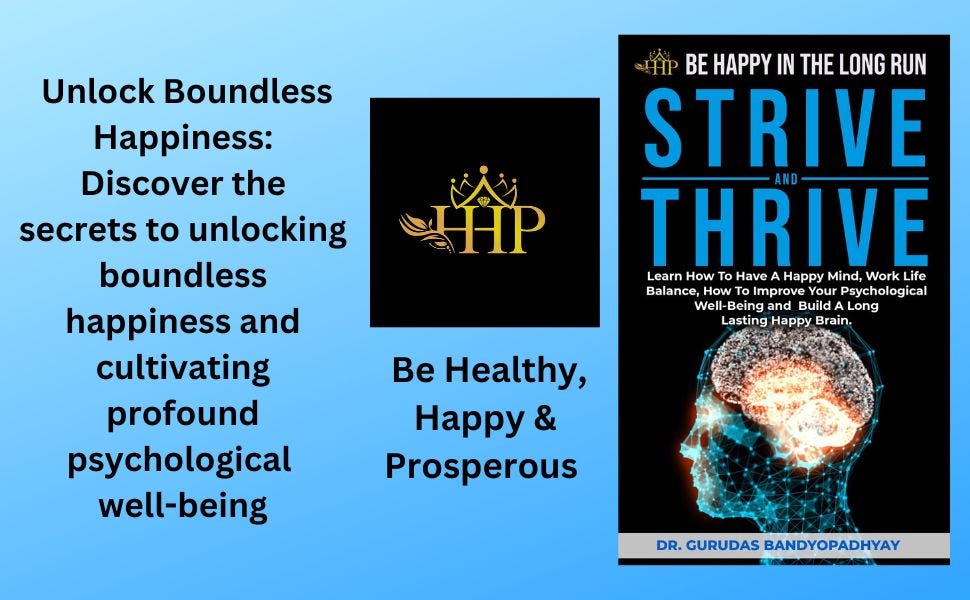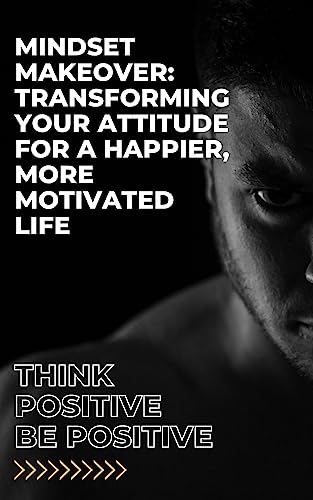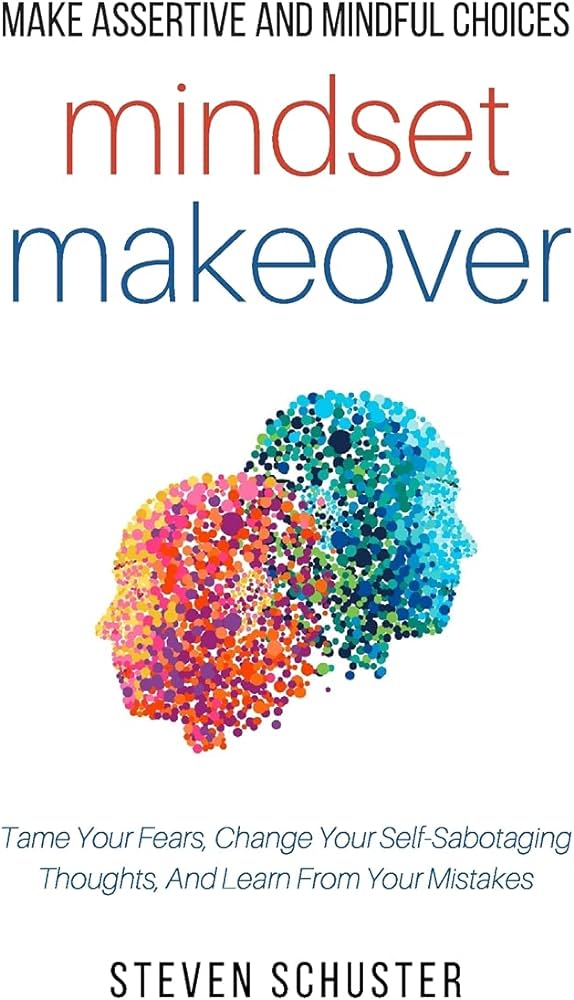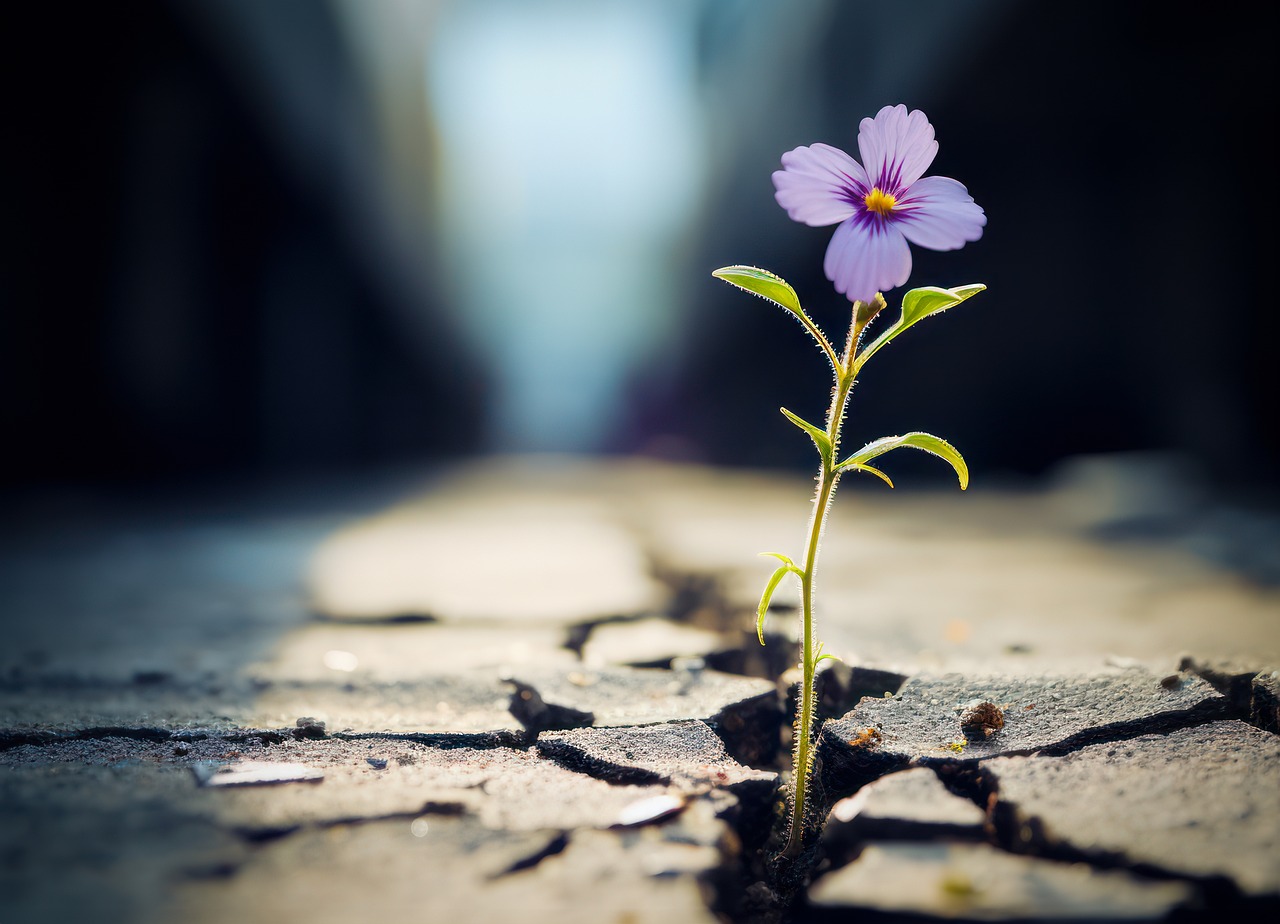Are you feeling stuck in your current mindset and longing for personal growth and self-discovery? Look no further! In this article, we will explore powerful strategies that can help you transform your mindset and unlock your true potential. Whether it’s improving your self-confidence, overcoming limiting beliefs, or cultivating a growth mindset, these strategies will guide you on a transformative journey towards becoming the best version of yourself. Get ready to dive deep into the world of mindset makeovers and embark on a path of self-discovery and growth.

This image is property of miro.medium.com.
Understanding Mindset
What is mindset?
Mindset refers to the collection of beliefs, attitudes, and thoughts that shape how an individual perceives and interprets the world around them. It is the filter through which we view our experiences and determine our abilities and potential. Our mindset can significantly impact our actions, behaviors, and ultimately, our outcomes in life.
The power of mindset
The power of mindset lies in its ability to either limit or expand our potential. Your mindset can either support your growth and development or hinder it. It influences how you approach challenges, setbacks, and opportunities. With the right mindset, you can overcome obstacles, achieve your goals, and thrive in various aspects of life.
Fixed mindset vs. growth mindset
There are two primary types of mindset: fixed mindset and growth mindset. A fixed mindset is characterized by the belief that abilities and traits are largely fixed and cannot be changed or improved upon. People with a fixed mindset often avoid challenges, fear failure, and see effort as pointless. On the other hand, a growth mindset is the belief that abilities can be cultivated and developed through effort, learning, and perseverance. Those with a growth mindset embrace challenges, view failure as a stepping stone to success, and are motivated by continuous improvement.
Self-Reflection and Awareness
The importance of self-reflection
Self-reflection is a powerful tool for self-discovery and personal growth. It involves taking the time to consciously examine and evaluate your thoughts, feelings, and actions. By engaging in self-reflection, you gain insights into your strengths, weaknesses, values, and aspirations. This increased self-awareness allows you to make informed decisions, set meaningful goals, and make positive changes in your life.
Developing self-awareness
Developing self-awareness is a gradual process that involves paying attention to your thoughts, emotions, and behaviors. One effective way to cultivate self-awareness is through mindful observation. Take moments throughout your day to observe without judgment how you feel, what you’re thinking, and how you’re reacting to different situations. Journaling and seeking feedback from trusted individuals can also help deepen your self-awareness.
Identifying limiting beliefs
Limiting beliefs are deeply ingrained thoughts or perceptions that hold you back from reaching your full potential. They often stem from past experiences, societal conditioning, or negative self-talk. Identifying and challenging these limiting beliefs is crucial for personal growth. Reflect on the beliefs that may be holding you back and ask yourself if they are based on reality or simply self-imposed limitations. Replace them with empowering beliefs that support your goals and aspirations.

This image is property of Amazon.com.
Setting Clear Goals
The significance of setting goals
Setting goals provides you with a clear direction and purpose. It helps you prioritize your time, energy, and resources towards what truly matters to you. Goals give you something to strive for and serve as a roadmap for your personal growth. Without clear goals, you may find yourself drifting aimlessly or getting caught up in distractions.
SMART goal-setting
A useful framework for setting goals is the SMART criteria. SMART stands for Specific, Measurable, Achievable, Relevant, and Time-bound. Specific goals clearly state what you want to achieve, measurable goals are quantifiable and allow you to track progress, achievable goals are realistic and within your reach, relevant goals align with your values and aspirations, and time-bound goals have a defined timeframe. By setting SMART goals, you increase your chances of success and maintain focus.
Aligning goals with values
To make your goals truly meaningful, it is essential to align them with your values. Your values are the principles and beliefs that guide your behavior and decisions. When your goals align with your values, you create a sense of purpose and fulfillment. Take the time to reflect on your core values and ensure that your goals are in line with what truly matters to you. This alignment will fuel your motivation and increase the likelihood of achieving your goals.
Positive Affirmations and Visualization
Harnessing the power of positive affirmations
Positive affirmations are statements that you repeat to yourself to reinforce positive thoughts, beliefs, or behaviors. They can help reframe negative self-talk and cultivate a more optimistic and empowered mindset. By consistently using positive affirmations, you can rewire your brain to focus on possibilities rather than limitations.
Creating empowering affirmations
When creating positive affirmations, it is important to craft statements that are specific, believable, and relevant to your goals. Use present tense and phrase your affirmations in a positive manner. For example, instead of saying “I am not afraid of failure,” say “I embrace challenges and learn from every experience.” Repeat your affirmations daily, ideally in front of a mirror, and truly embody the feelings that come with them.
Utilizing visualization techniques
Visualization is a powerful tool for manifesting your desires and reinforcing positive beliefs. Close your eyes and vividly imagine yourself achieving your goals. Visualize the steps you take, the obstacles you overcome, and the emotions you experience along the way. The more detailed and vivid your visualizations, the better. By repeatedly visualizing success, you prime your mind for success and increase your motivation to take aligned actions.

This image is property of Amazon.com.
Cultivating Resilience
Developing a resilient mindset
Resilience is the ability to bounce back from setbacks, adapt to change, and persevere in the face of adversity. Cultivating a resilient mindset is essential for personal growth and success. One way to develop resilience is by reframing challenges as opportunities for growth. Instead of viewing failures as permanent, see them as stepping stones towards improvement. Embrace uncertainty and approach difficulties with a problem-solving mentality.
Practicing gratitude
Gratitude is a powerful practice that can help cultivate resilience and a positive mindset. Take a few moments each day to reflect on what you are grateful for. This simple act can shift your focus from what is lacking to what is abundant in your life. Gratitude helps you appreciate the present moment, fosters optimism, and strengthens your ability to navigate challenges.
Adopting a growth mindset towards challenges
A growth mindset is essential in cultivating resilience. Embrace challenges as opportunities to learn and grow. See setbacks as temporary and setbacks as learning experiences. By adopting a growth mindset, you believe in your ability to develop new skills, overcome obstacles, and achieve your goals. Embrace the process of growth and view challenges as stepping stones towards success.
Embracing Failure and Learning
Changing perspective on failure
Failure is an inevitable part of life, and changing your perspective on it is crucial for personal growth. Instead of viewing failure as a negative outcome or a reflection of your abilities, see it as a valuable learning opportunity. Failure provides insights, highlights areas for improvement, and helps you develop resilience and adaptability. Embrace failure as a natural part of the journey towards success.
Extracting lessons from failure
To make the most of failure, take the time to reflect on the lessons learned from each experience. Ask yourself what went wrong, what you could have done differently, and how you can apply those lessons moving forward. Failure is not a reflection of your worth or potential; it is simply feedback that guides your growth and development.
Using failure as a stepping stone for growth
Instead of letting failure deter you, use it as a stepping stone for growth and improvement. Adjust your approach, learn from your mistakes, and persevere in the face of setbacks. Failure is an opportunity to refine your strategies, build resilience, and ultimately, achieve greater success. Embrace the mindset that failure is not the end but a necessary part of the journey towards personal growth.

This image is property of learn2livefully.com.
Emotional Intelligence and Self-Management
Understanding emotional intelligence
Emotional intelligence refers to the ability to recognize, understand, and manage your own emotions and those of others. It involves being aware of your emotions, regulating them effectively, and using them to navigate interpersonal relationships. Emotional intelligence plays a crucial role in personal growth as it enhances self-awareness, improves communication skills, and promotes empathy.
Developing self-awareness of emotions
Developing self-awareness of emotions is the first step towards emotional intelligence. Take the time to identify and understand your own emotions, including their triggers and patterns. Notice how your emotions influence your thoughts and behaviors. Practice mindfulness and engage in self-reflection to deepen your self-awareness. The more you understand your emotions, the better you can manage them.
Effective strategies for emotional self-management
Emotional self-management involves regulating your emotions in a way that allows you to respond rather than react impulsively. Some effective strategies for emotional self-management include deep breathing exercises, engaging in physical activity, practicing relaxation techniques such as meditation or yoga, and seeking support from trusted individuals. It is important to find healthy outlets for your emotions and develop a toolbox of coping mechanisms that work best for you.
Mindfulness and Meditation
Exploring the benefits of mindfulness
Mindfulness is the practice of intentionally bringing attention to the present moment without judgment. It allows you to fully experience and appreciate the present, rather than being caught up in regrets about the past or worries about the future. Mindfulness has numerous benefits, including reduced stress, improved focus and concentration, increased self-awareness, and enhanced overall well-being.
Incorporating mindfulness into daily life
Incorporating mindfulness into your daily life can be as simple as taking a few moments each day to pause and bring your attention to the present moment. Engage in activities mindfully, giving your full attention to the task at hand. Practice deep breathing exercises to anchor yourself in the present. Consider integrating mindfulness practices such as mindful eating, mindful walking, or mindful body scans into your routine.
Practicing meditation for increased self-awareness
Meditation is a powerful practice for increasing self-awareness and cultivating a calm and focused mind. Find a quiet space, sit in a comfortable position, and focus on your breath or a specific object. As thoughts arise, observe them without judgment and gently bring your attention back to the present moment. With regular meditation practice, you will develop greater clarity, emotional stability, and self-awareness.
This image is property of imgv2-1-f.scribdassets.com.
Building a Supportive Network
Recognizing the importance of a supportive network
Having a supportive network is crucial for personal growth and well-being. Surrounding yourself with like-minded individuals who share your aspirations and values can provide inspiration, encouragement, and valuable insights. A supportive network can also serve as a source of accountability and motivation as you work towards your goals.
Surrounding yourself with like-minded individuals
Seek out individuals who are on a similar path of self-discovery and growth. Join communities, attend networking events, or engage in activities that align with your interests and goals. Surrounding yourself with like-minded individuals allows you to exchange ideas, learn from each other’s experiences, and provide mutual support and encouragement.
Seeking mentorship and guidance
In addition to surrounding yourself with peers, seek out mentors or individuals who have achieved what you aspire to. A mentor can provide guidance, share valuable insights, and help you navigate challenges. Look for mentors who align with your values, possess the skills and knowledge you want to acquire, and are genuinely invested in your growth. Their wisdom and guidance can accelerate your personal and professional development.
Taking Action and Implementing Change
Moving from theory to action
While acquiring knowledge and understanding mindset strategies is essential, it is equally important to take action and implement them in your life. Put your learnings into practice by setting goals, making plans, and consistently taking small steps towards your desired outcome. Remember that personal growth requires active participation and a willingness to step out of your comfort zone.
Creating an action plan
Creating an action plan helps you organize your goals into actionable steps. Break down your goals into smaller tasks, prioritize them, and allocate specific timeframes for completion. Consider any potential obstacles or challenges that may arise and develop strategies to overcome them. By having a clear action plan, you stay focused, motivated, and accountable for your progress.
Monitoring progress and adjusting accordingly
Regularly monitoring your progress is essential for personal growth. Reflect on your actions, evaluate your results, and identify what is working and what needs adjustment. Celebrate your successes and learn from any setbacks or obstacles. Be willing to adapt and modify your approach as needed. Remember that personal growth is a continuous journey, and each step forward is a step towards unlocking your true potential.
In conclusion, mindset plays a significant role in personal growth and self-discovery. By developing a growth mindset, practicing self-reflection and awareness, setting clear goals aligned with your values, utilizing positive affirmations and visualization techniques, cultivating resilience, embracing failure as a learning opportunity, enhancing emotional intelligence, practicing mindfulness and meditation, building a supportive network, and taking consistent action, you can unleash your potential and create positive change in your life. Remember, personal growth is a lifelong journey, and by adopting these strategies, you can continuously evolve into a better version of yourself.



